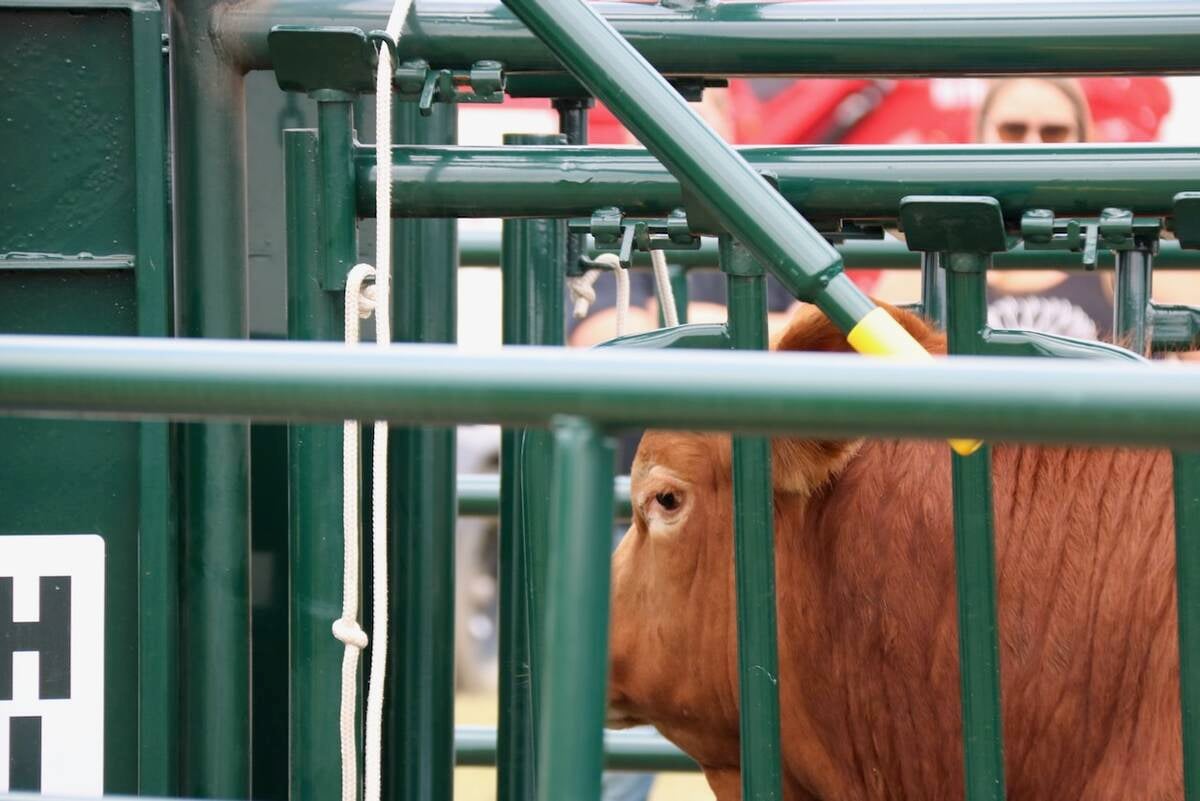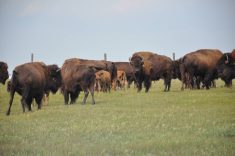Some British Columbia farm groups worry packing capacity could be lost when the province implements its new meat inspection regulation Sept. 1.
The new regulation is designed to streamline and enhance meat inspection across the province. Inspectors must be available to check animals before and after slaughter, no matter what the plant capacity.
Beef producers welcome a standardized system but warn the added costs should not be imposed on farmers. There is no word on what upgrades might cost existing facilities.
“We do know there are going to be costs for people to come into compliance, and we have not seen any clear means that the government is going to address that,” said David Borth, manager of the B.C. Cattlemen’s Association.
Read Also

Good handling equipment a must on cattle operations
It’s important for the safety of producers and everyone else dealing with their stock that handling equipment is functional and safe.
“Some people are not going to meet the new obligations and we could lose processing capacity.”
The province has three federally inspected plants and a number of small abattoirs. Under B.C.’s current meat inspection system, the rules apply inconsistently across geographic areas.
“Our new meat inspection framework will modernize the old and confusing system, enhance our current high standard of meat inspection across the province and strengthen the overall protection of public health,” said health minister Colin Hansen July 23.
About 95 percent of the meat offered for sale in B.C. is inspected. The remainder is locally produced and sold through custom slaughter services in rural communities or through farms that butcher and offer farmgate sales.
There are about 50 uninspected meat processing plants throughout the province that provide custom slaughter services in rural communities.
The former meat inspection regulations did not provide for facility design or the presence of inspectors in every operation. Little or no traceback potential was available if a problem appeared.
The new regulation requires mandatory inspection of all food animals before and after they are killed if the meat will be for sale. It also requires consistent standards for the construction and operation of all slaughterhouses.
The regulation provides traceback to farms and an early warning system for emerging diseases like tuberculosis or BSE. The regulation does not apply to meat slaughtered at home for personal use or game cut and wrapped for personal use.
Meat inspectors from the Canadian Food Inspection Agency are now contracted to provide the service in B.C. The government plans to evaluate how many more people are required.















